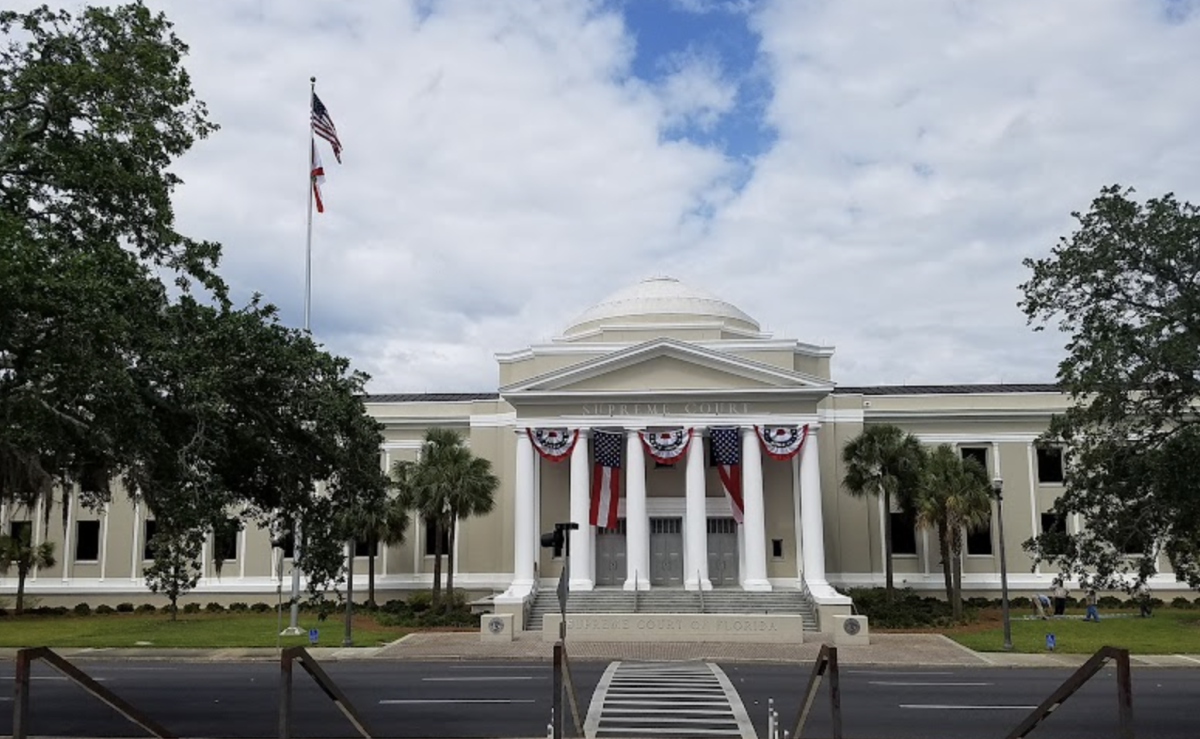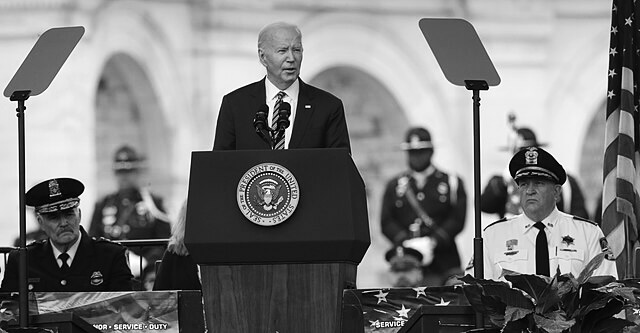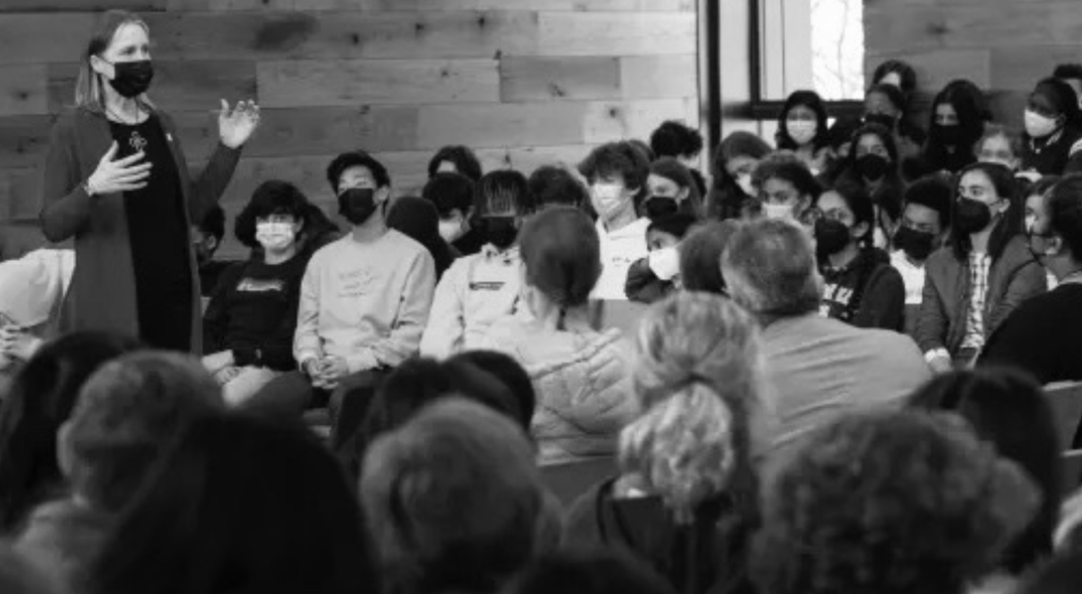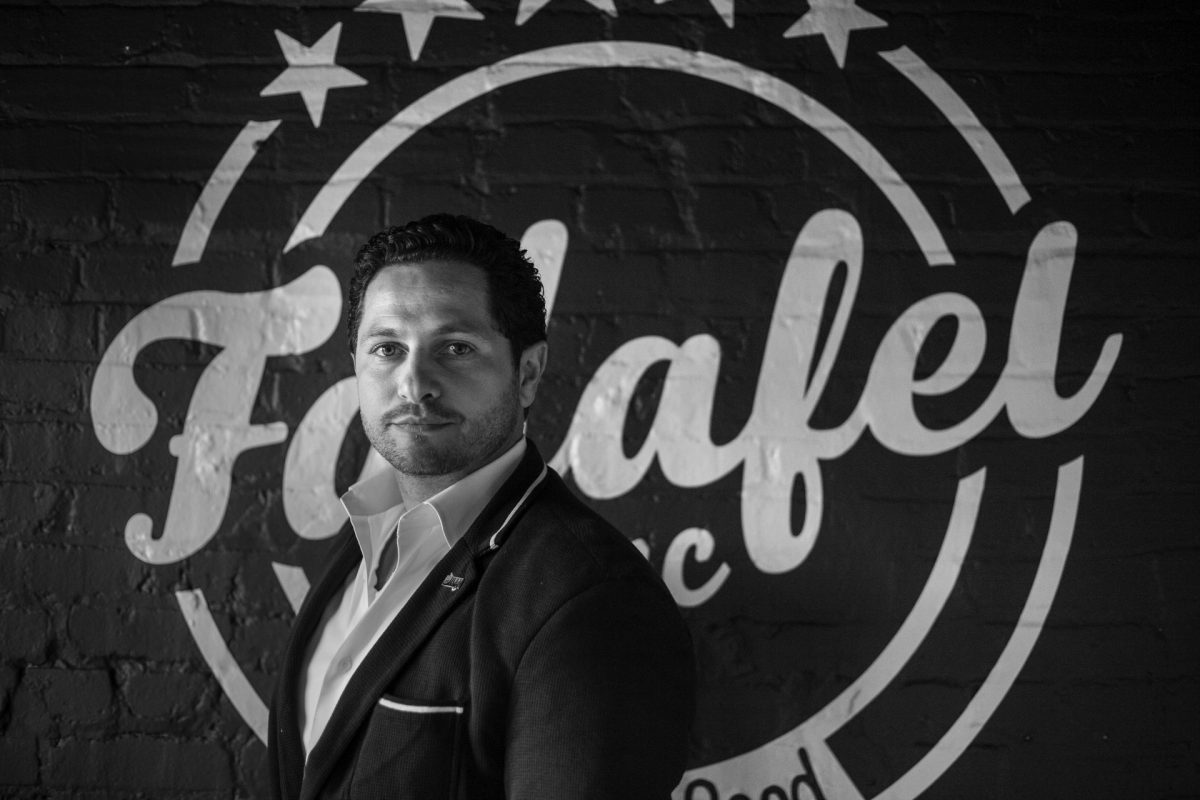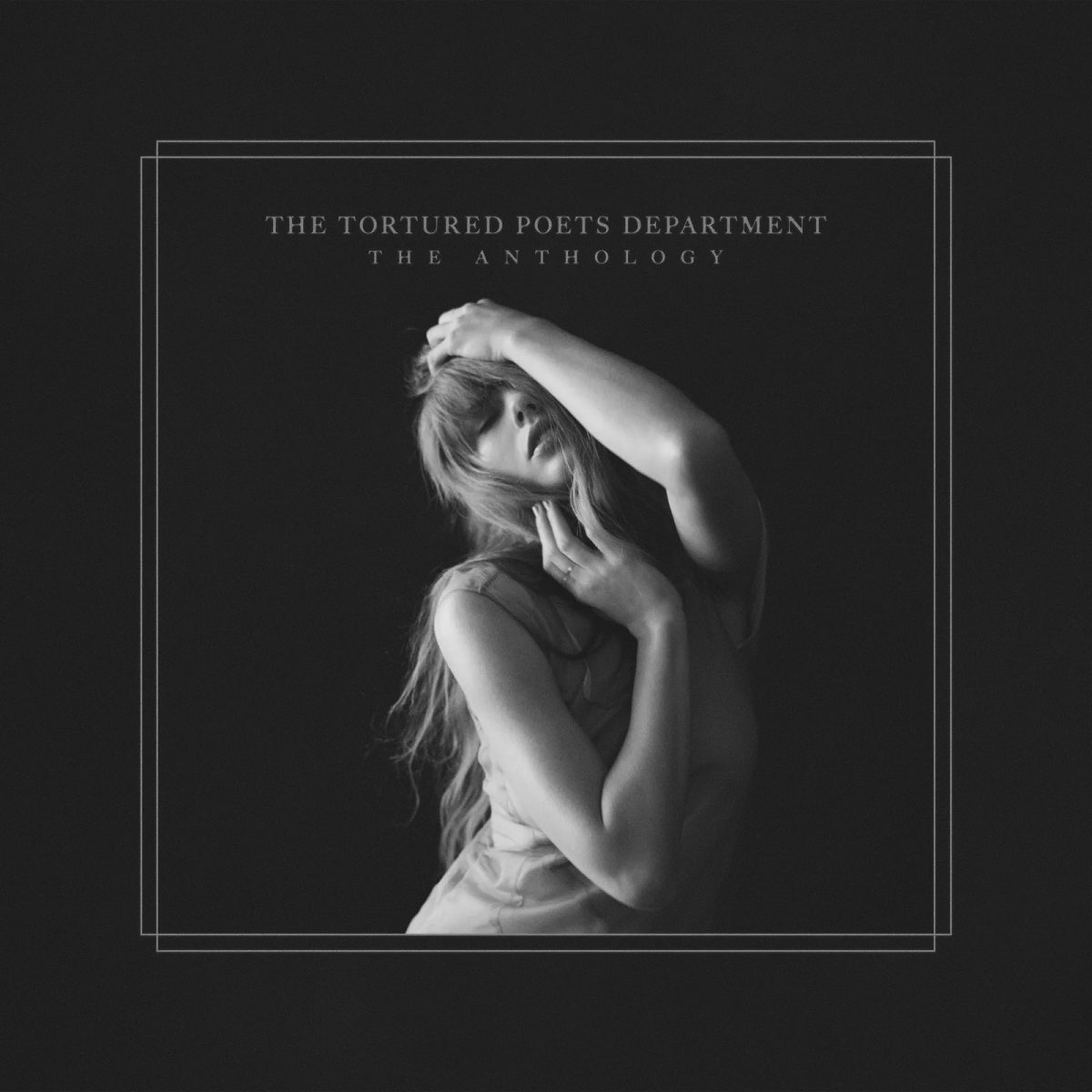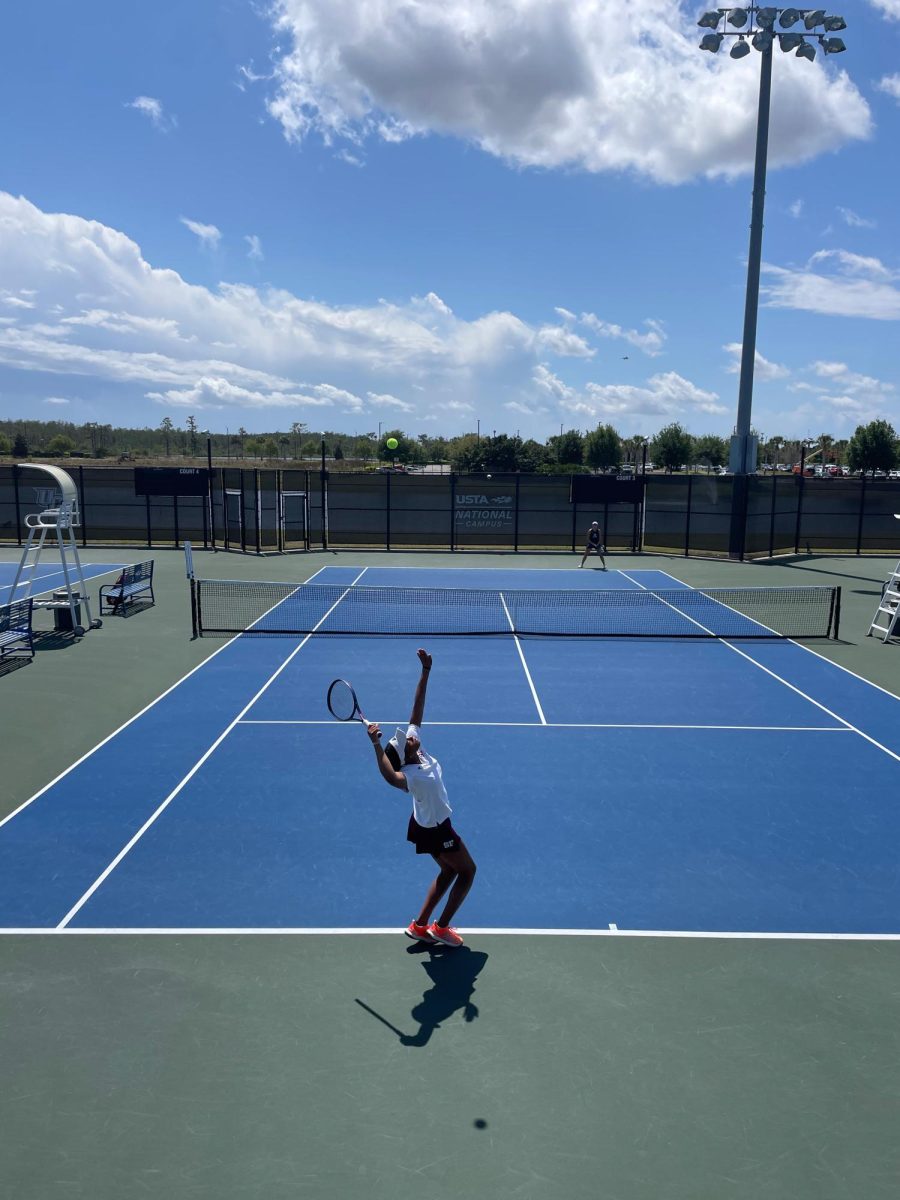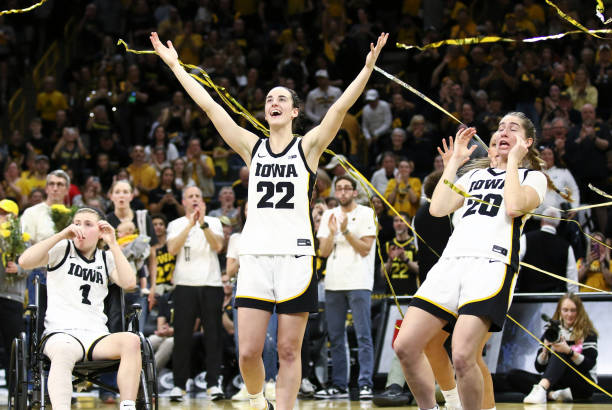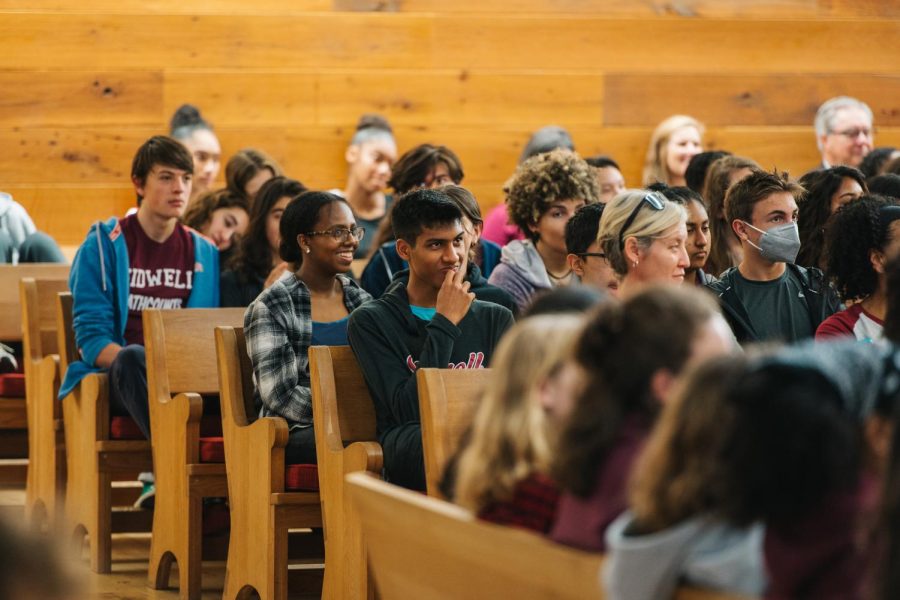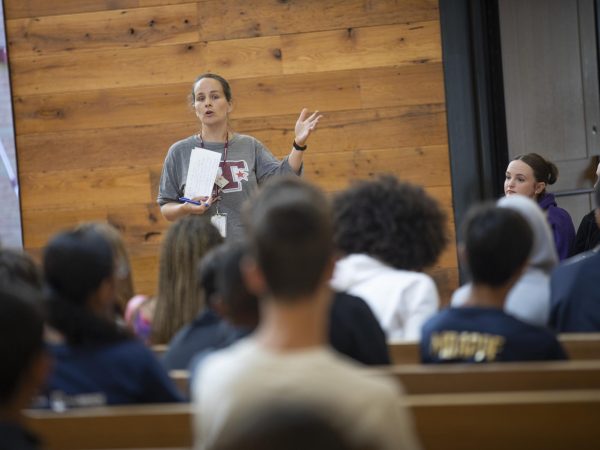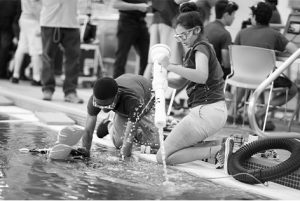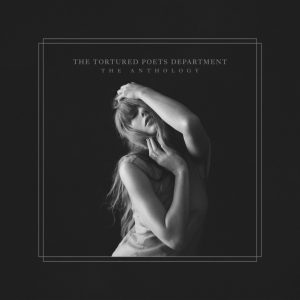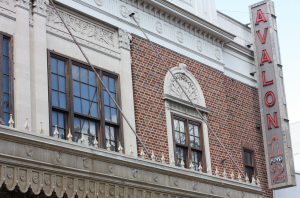Changes Are Needed To Restore Sidwell’s Quaker Focus
In recent years, Sidwell’s curriculum has drifted away from its Quaker focus. Photo: Sidwell Friends.
In recent years, the Sidwell community has seemed to stray from its foundational Quaker values. While students are introduced to these values and attend Meeting for Worship weekly, Quakerism’s impact on student life feels insignificant at times. In order to restore Sidwell’s Quaker focus, reforms must be made to Meeting for Worship, the curriculum and the community service program.
One of the key aspects of Quakerism at Sidwell is Meeting for Worship — however, many students seem to view this time to reflect as a waste of energy. This school year, students have rarely shared and many have even skipped altogether. With so many people missing, Assistant Dean for Student Life Michael Woods analogized the room to a block of Swiss cheese. Even the number of teachers attending Meeting for Worship has fallen this year. The purpose of Meeting as a communal space where members feel welcome to share their thoughts is defeated when students and faculty fail to attend or engage.
Students’ absences have resulted in a mandatory advisory seating, which detracts even more from the experience. By choosing seats, students are able to sit with those they feel most supported by. While advisory seating is intended to prevent students from being distracted and disruptive, some students may feel less inclined to attend Meeting at all if they must sit with assigned peers.
Ultimately, the central issue regarding Meeting for Worship is the student body’s lack of enthusiasm or appreciation for the school’s Quaker roots. This stems from little knowledge about Quakerism, which Sidwell could fix by teaching students about the history of the Quaker values at Sidwell. More elements of Quaker history could be woven into different history and English curriculums, and a class that focuses solely on Quakerism could be created.
Additionally, another important part of Quaker education is community service. The graduation requirement mandates students to complete 60 hours of community service, ideally working with the same organization. Though this requirement succeeds in pushing students to engage in service, many are focused on simply completing the requirement rather than appreciating the time and impact of their actions. By providing more opportunities to engage in community service, students could build a stronger commitment to giving back during their time at Sidwell and beyond. One way Sidwell could further incorporate community service is by organizing school days which are dedicated to community service. These days could supplement the current service requirement, and hopefully, with a wider variety of exposure to social work, students could gain a more genuine interest in giving back. Through adding community service days, Sidwell can foster a sense of social responsibility as opposed to simply having service as a separate requirement.
Quakerism at Sidwell is still a part of many facets of student life, but there is room for deeper engagement with its values and practices. Students must embrace and develop a stronger appreciation for the crucial tenets of Quakerism, including Meeting for Worship and community service. Efforts on the part of administrators and faculty to further incorporate Quakerism into service learning and academics would help many understand the significance of the school’s Quaker foundation.
Your donation will support the student journalists of Sidwell Friends School. Your contribution will allow us to purchase equipment and cover our annual website hosting costs.

Annica Nassiry is currently a Photo Editor for Horizon, a position she held in the 2023-2024 and 2024-2025 school years. Prior to this, she served as a...






